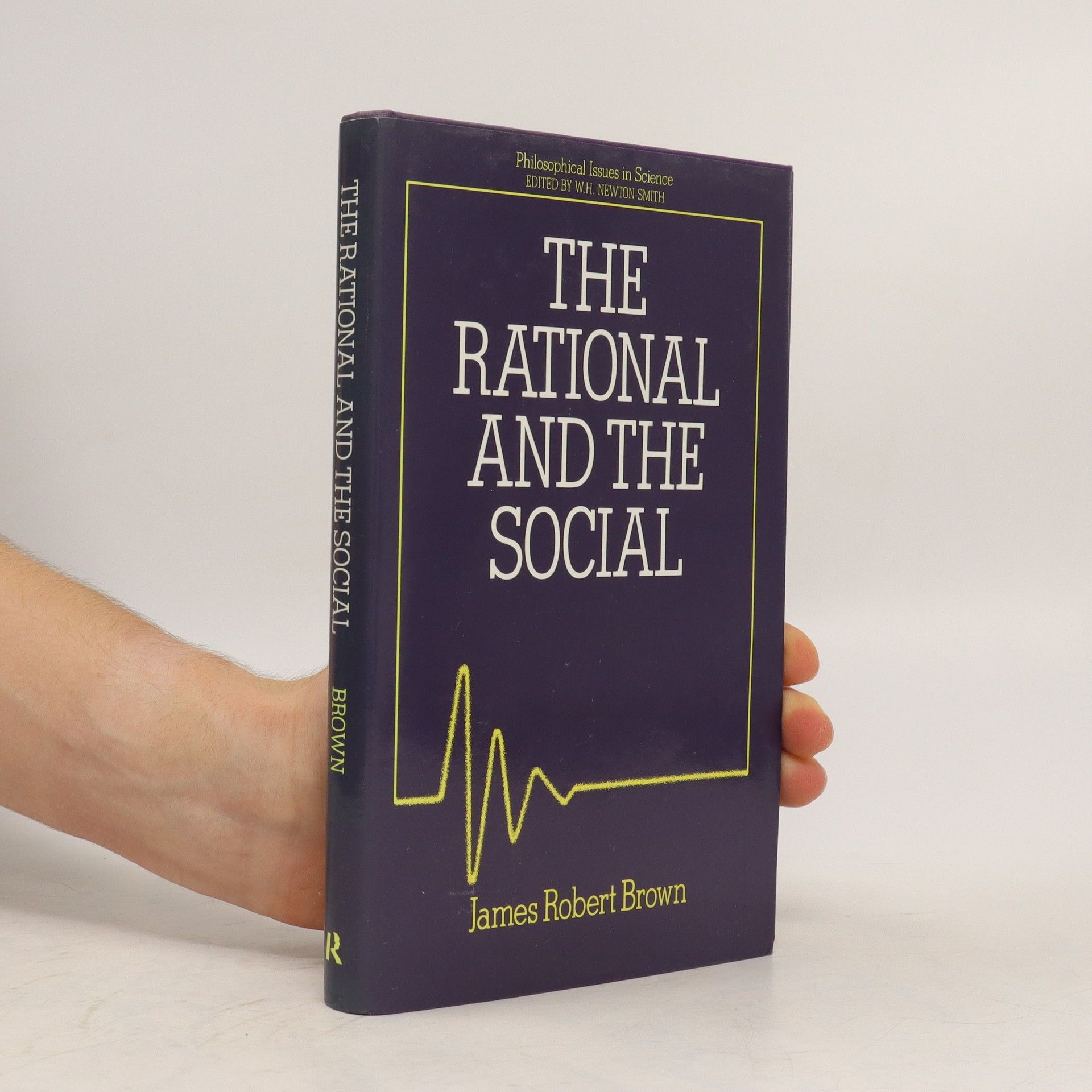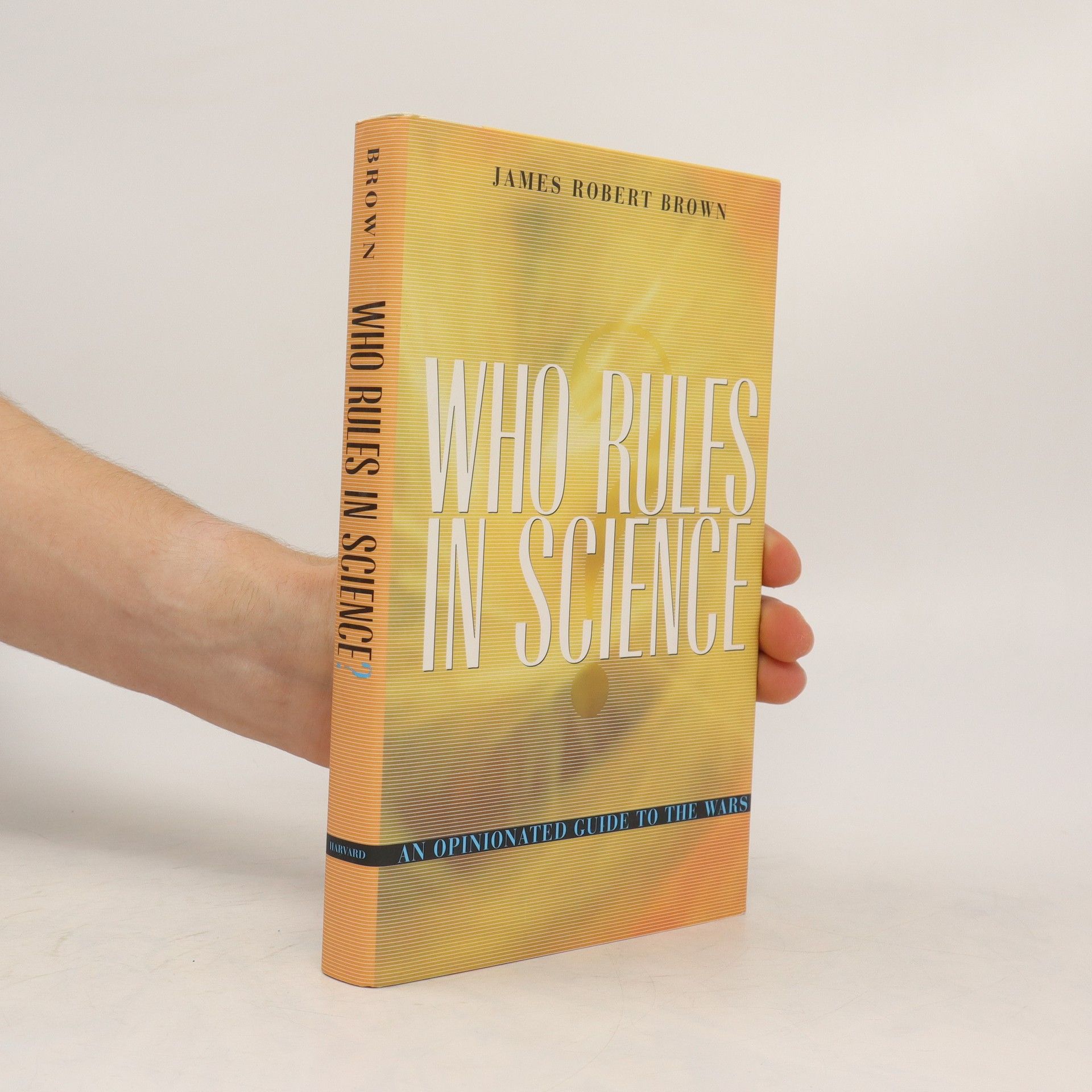Philosophy of Mathematics
A Contemporary Introduction to the World of Proofs and Pictures
- 260 Seiten
- 10 Lesestunden
This edition explores significant and timeless questions in mathematical philosophy, examining the role of visual representations in proving concepts, the certainty of mathematical results, and the value of experiments in the field. James Robert Brown delves into these critical issues, offering fresh insights and perspectives that challenge traditional views within the mathematical sciences.


